Australian Shepherd
Showing all 8 results
-
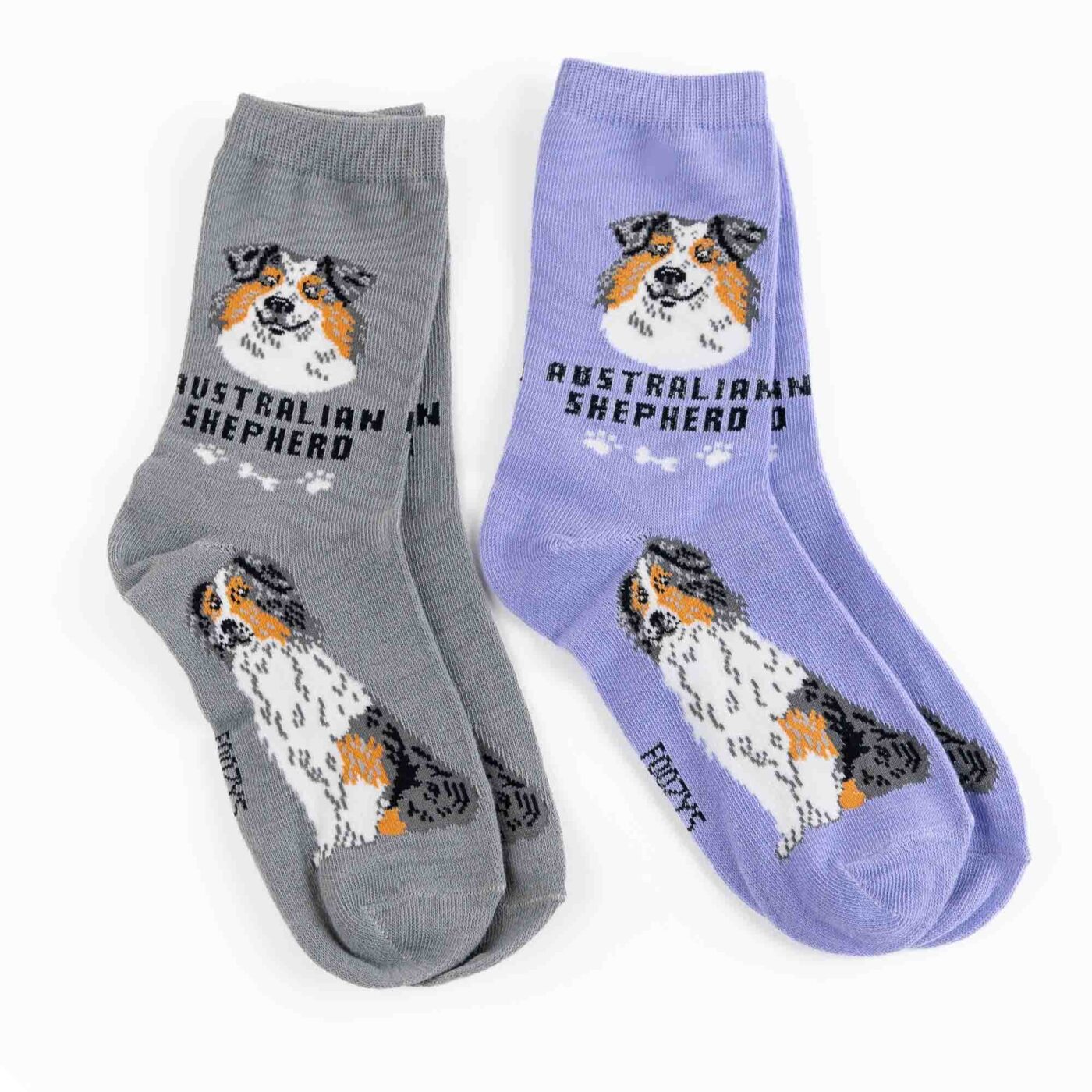
My Favorite Dog Breed Socks ❤️ Australian Shepherd – 2 Set Collection
$9.99 -
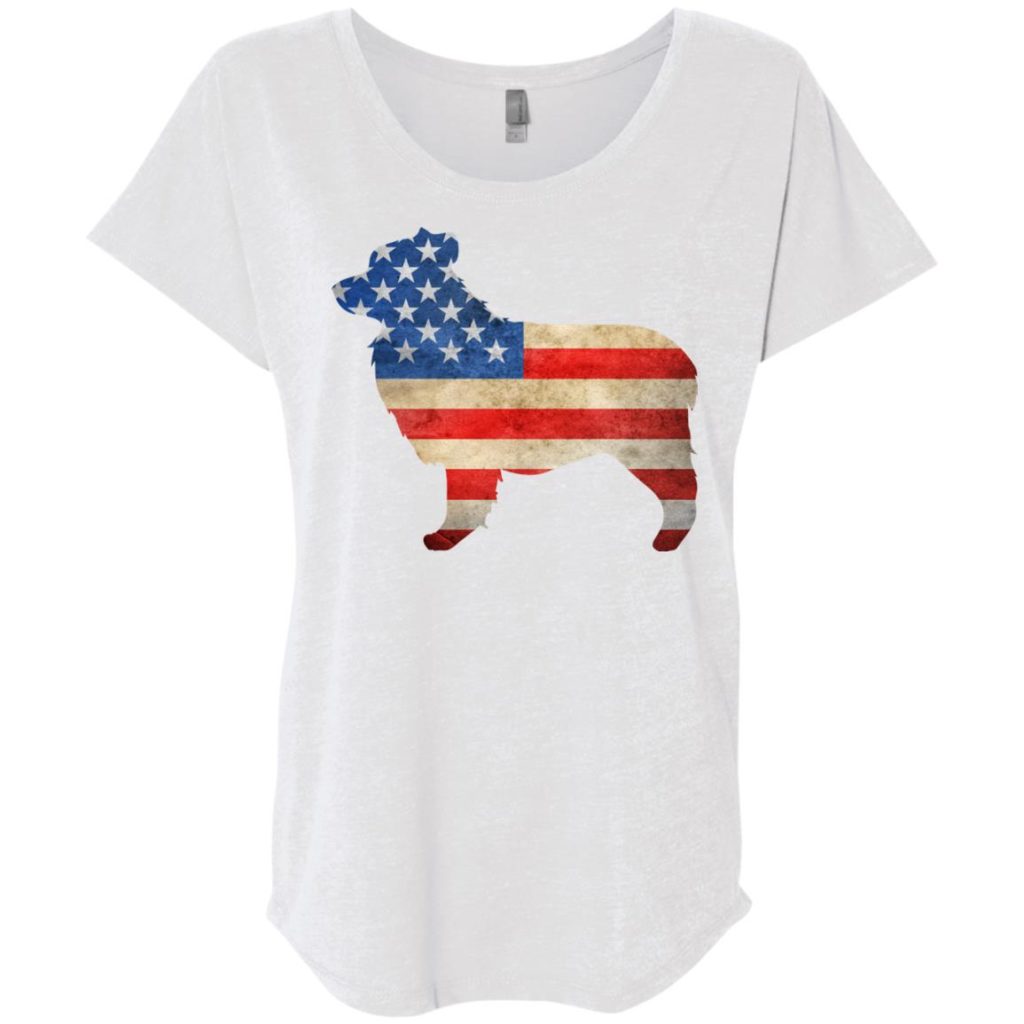
Vintage Australian Shepherd USA Slouchy Tee Heather White
$23.99Original price was: $23.99.$21.00Current price is: $21.00. -

Australian Shepherd Christmas Pullover Hoodie Black
$39.99Original price was: $39.99.$29.99Current price is: $29.99. -

Vintage Australian Shepherd USA Pullover Hoodie White
$39.99Original price was: $39.99.$29.99Current price is: $29.99. -
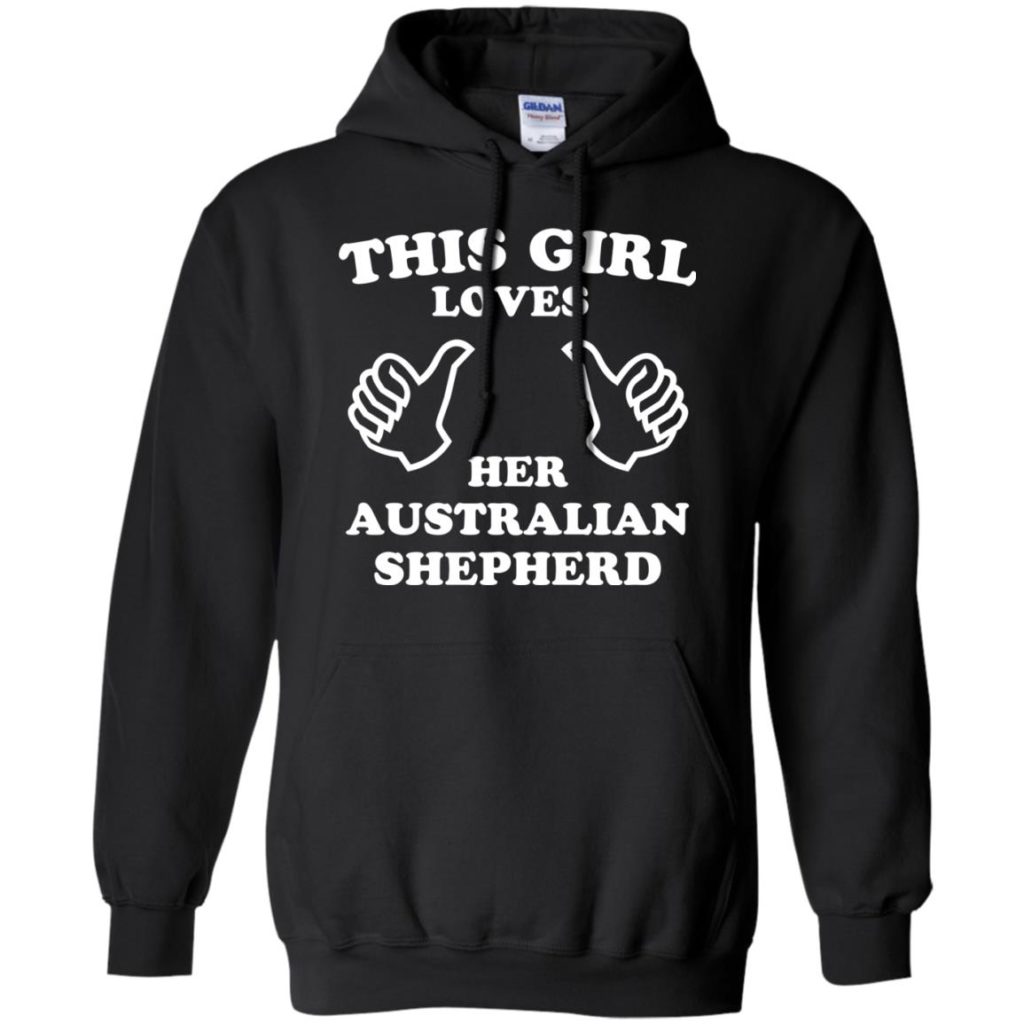
This Girl Loves Her Australian Shepherd Pullover Hoodie Black
$39.99Original price was: $39.99.$29.99Current price is: $29.99. -

I Have Plans Australian Shepherd Hoodie Black
$39.99Original price was: $39.99.$29.99Current price is: $29.99. -

I Kissed An Australian Shepherd Hoodie Navy
$39.99Original price was: $39.99.$29.99Current price is: $29.99. -
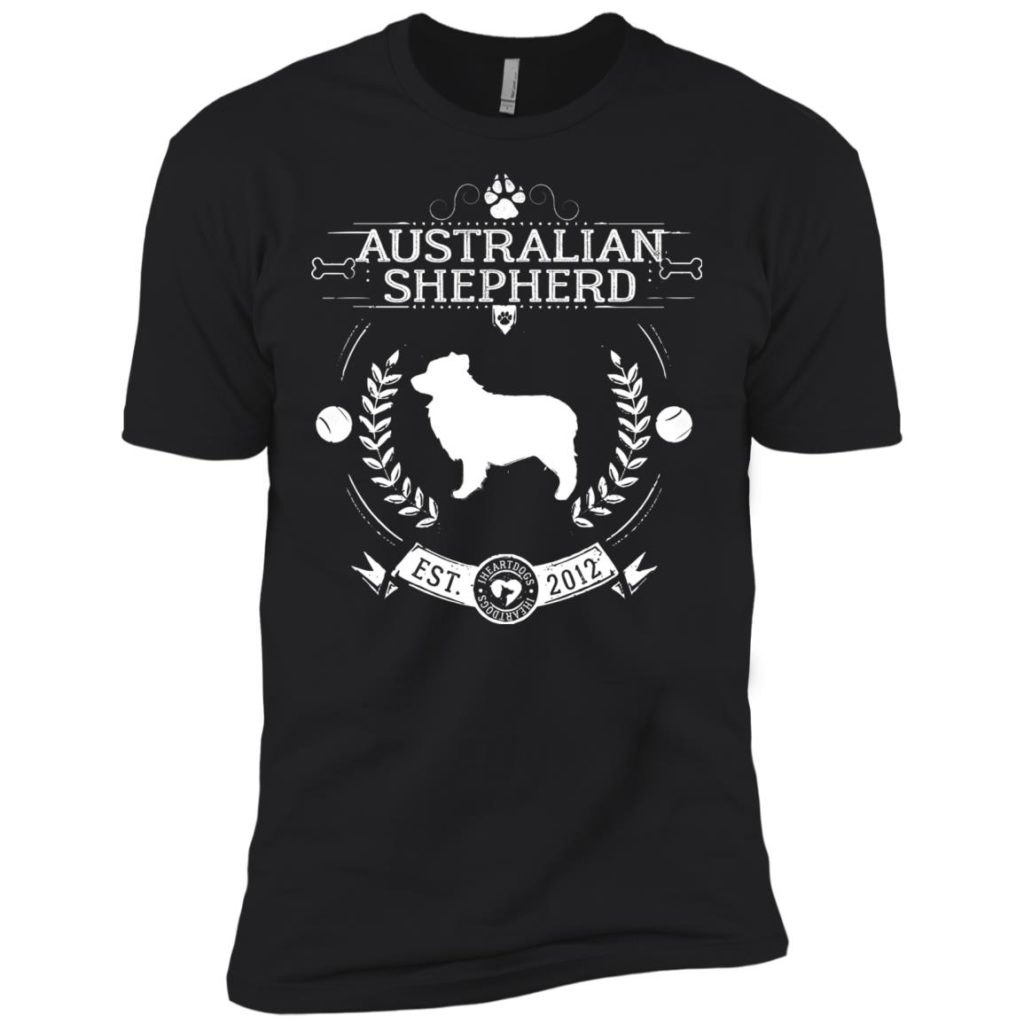
Varsity Australian Shepherd Premium Tee Black
$19.99Original price was: $19.99.$15.00Current price is: $15.00.


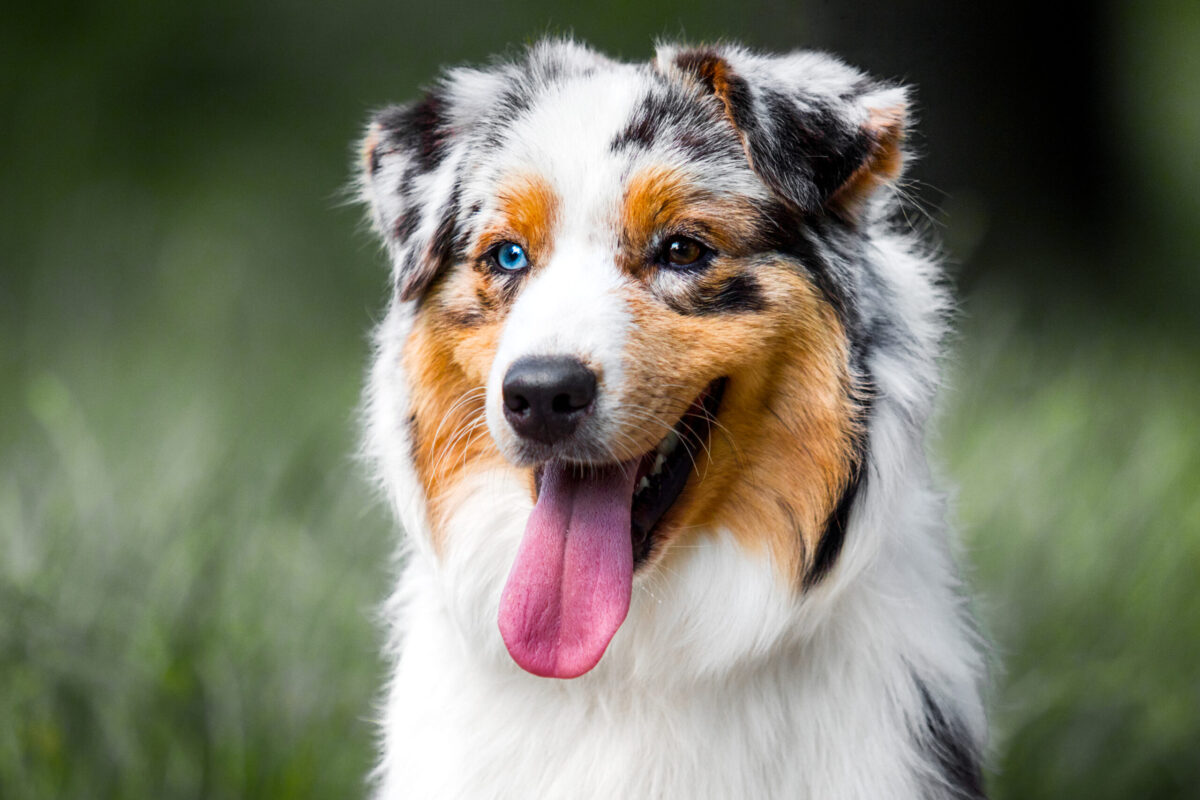
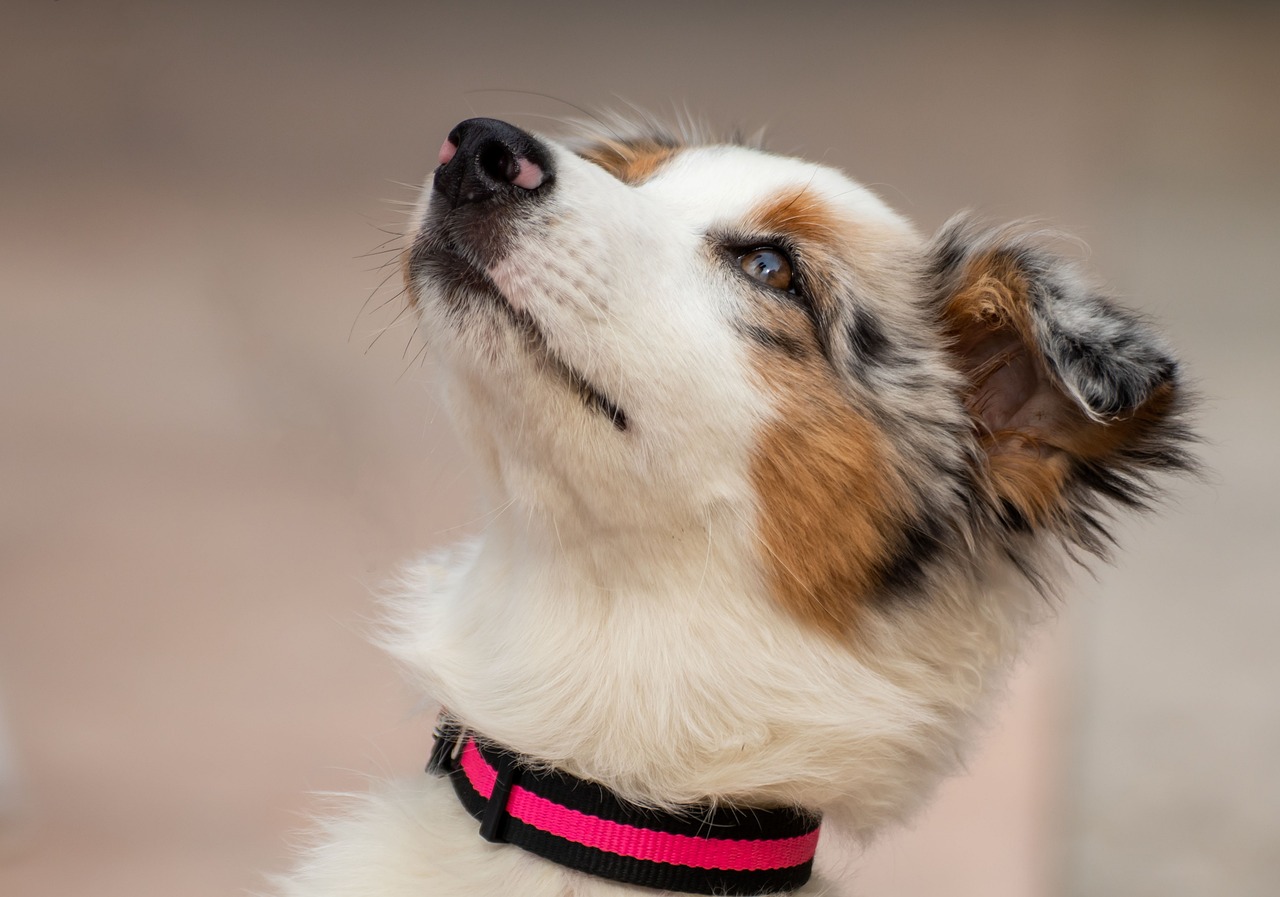
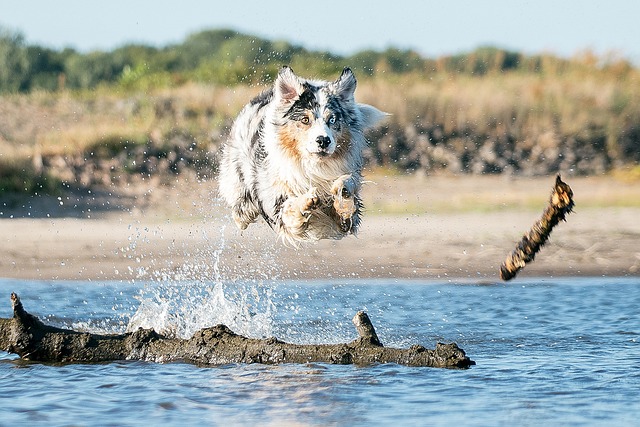
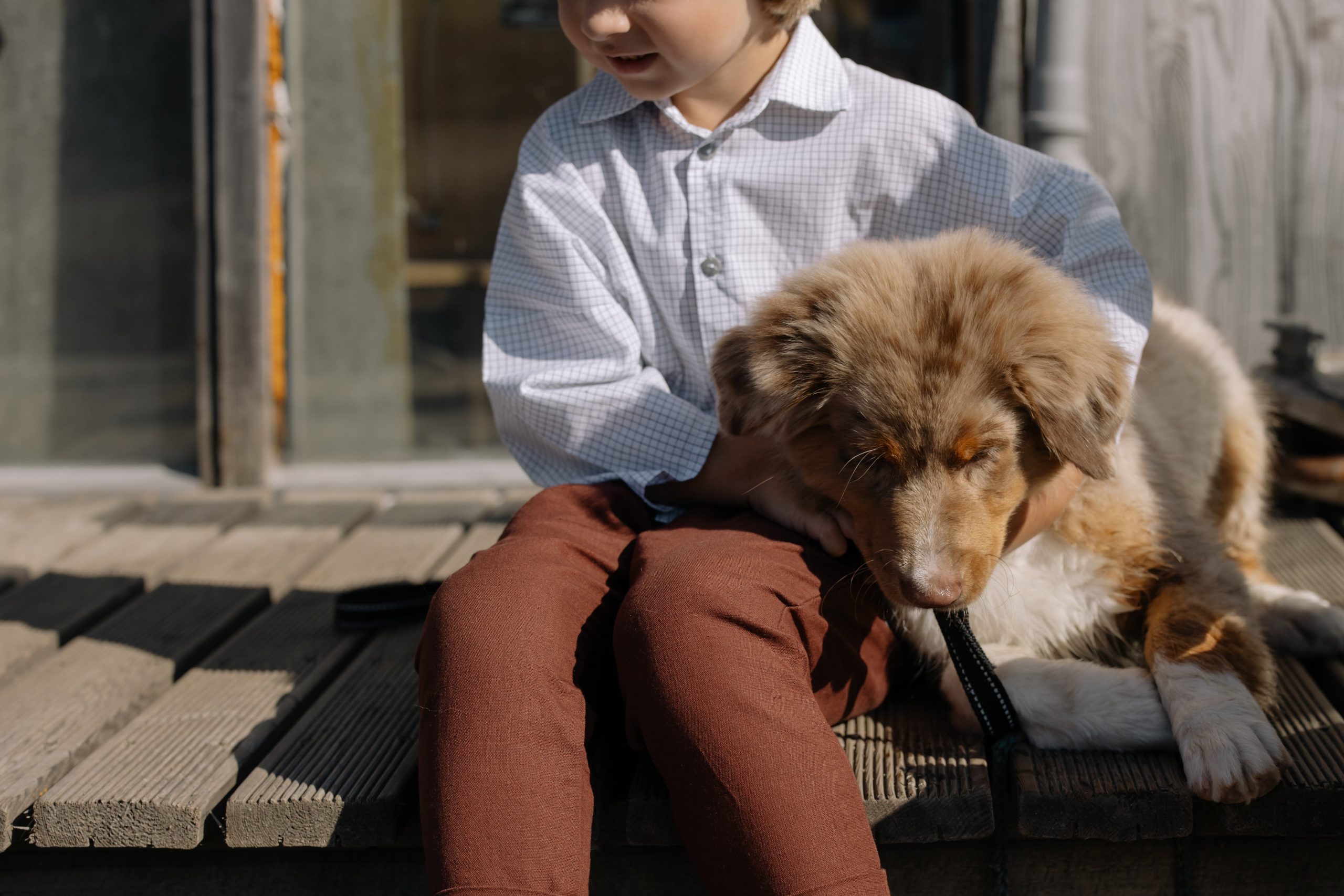
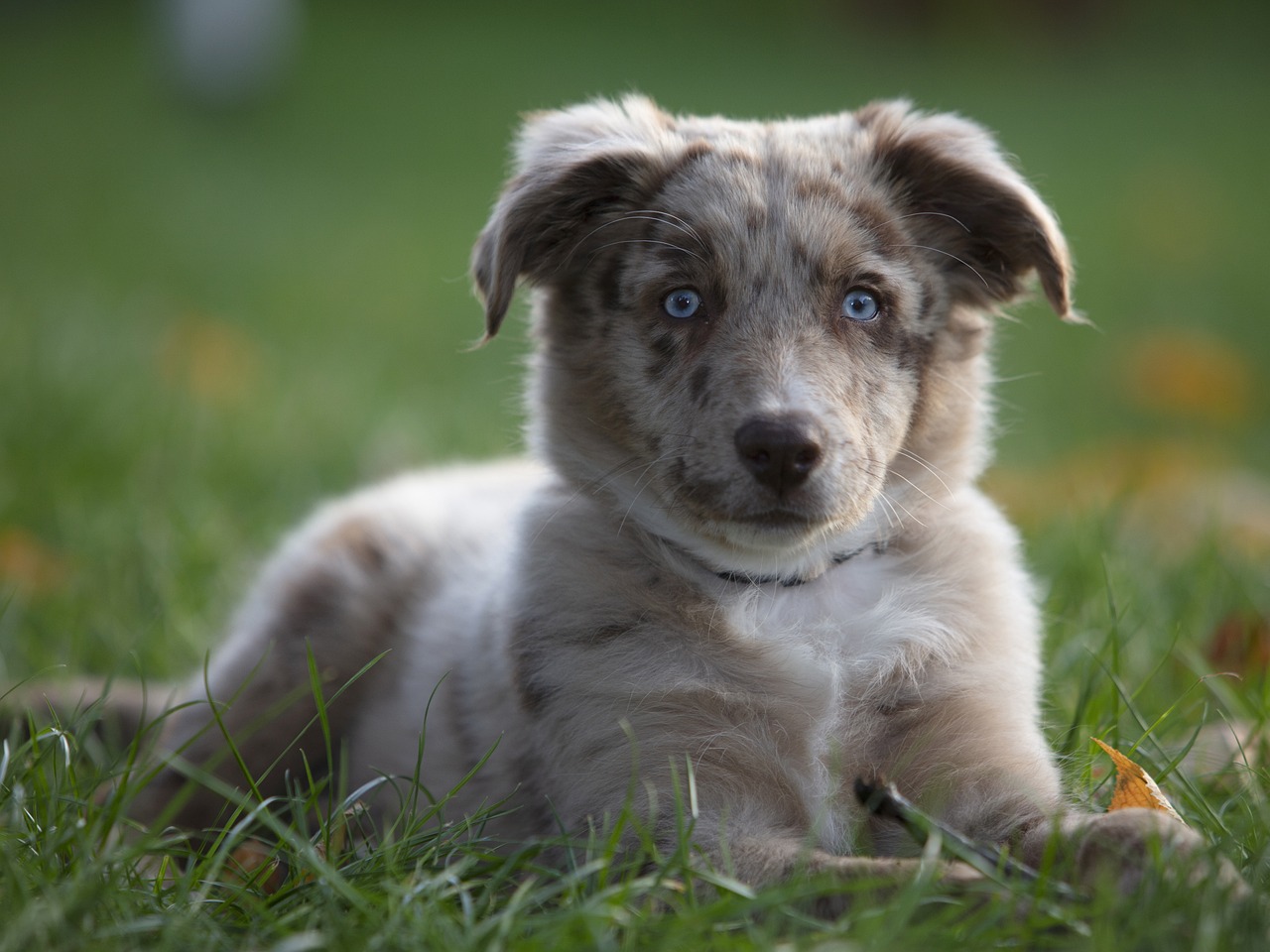
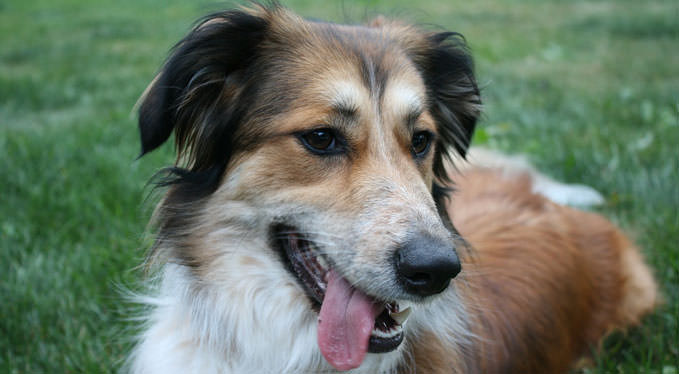


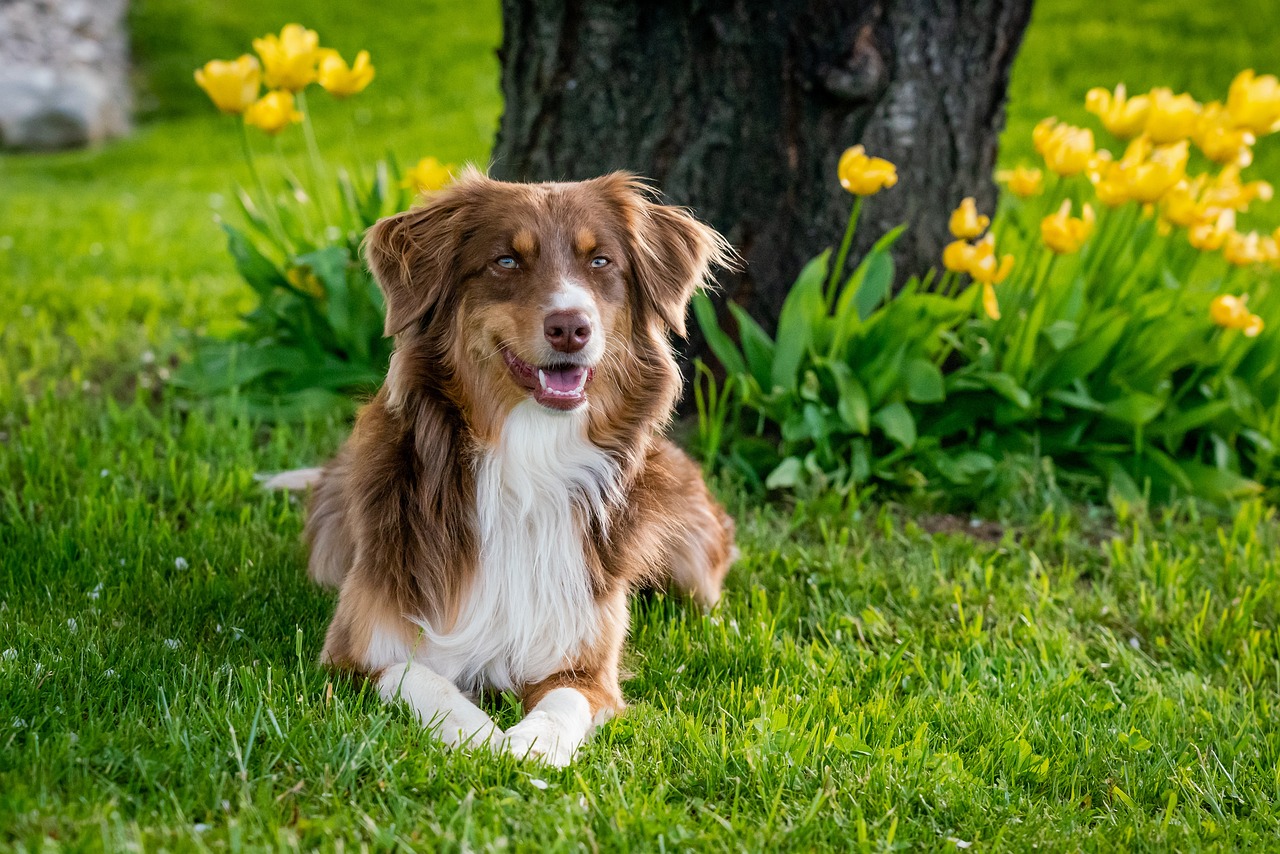


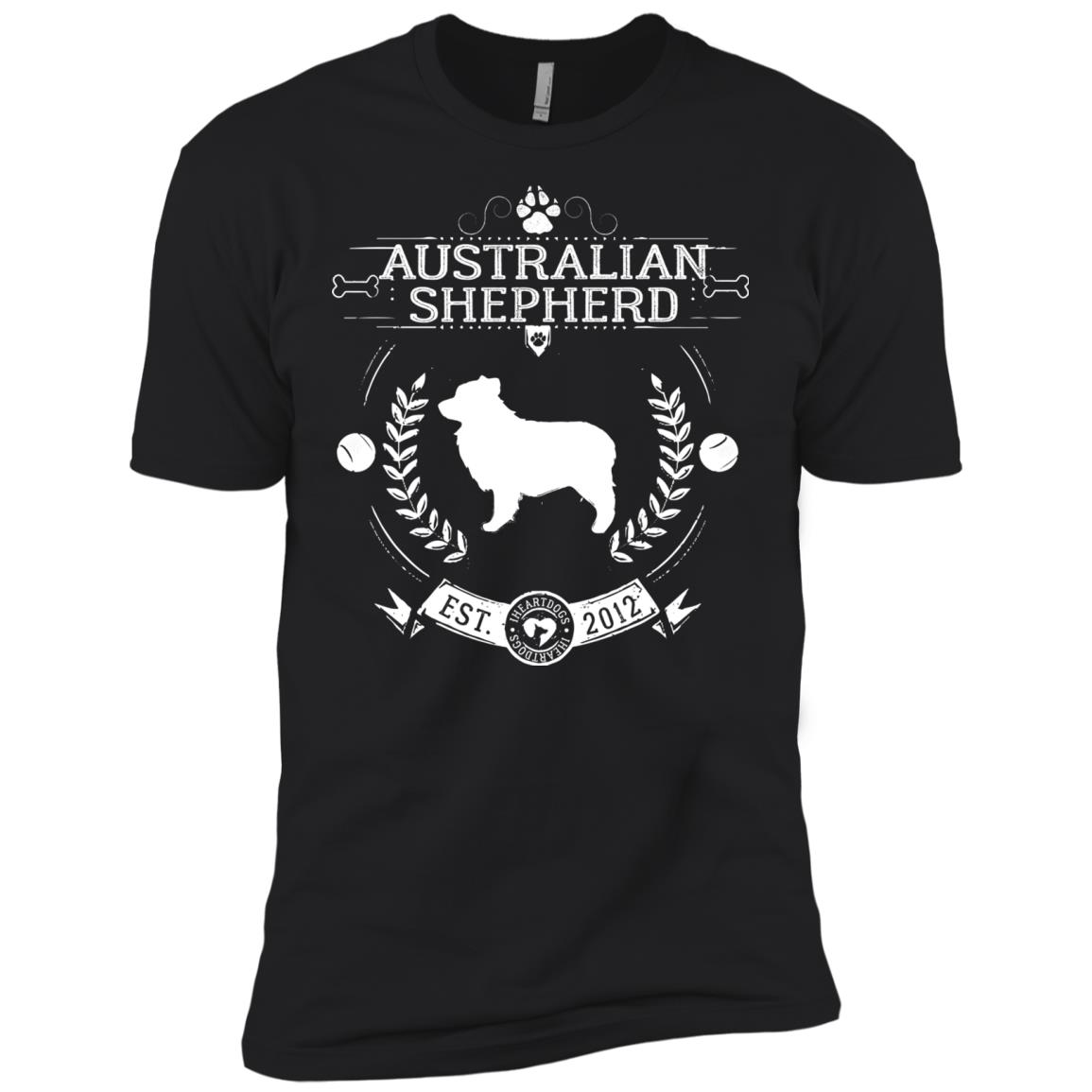
 Toledo, United States.
Toledo, United States.